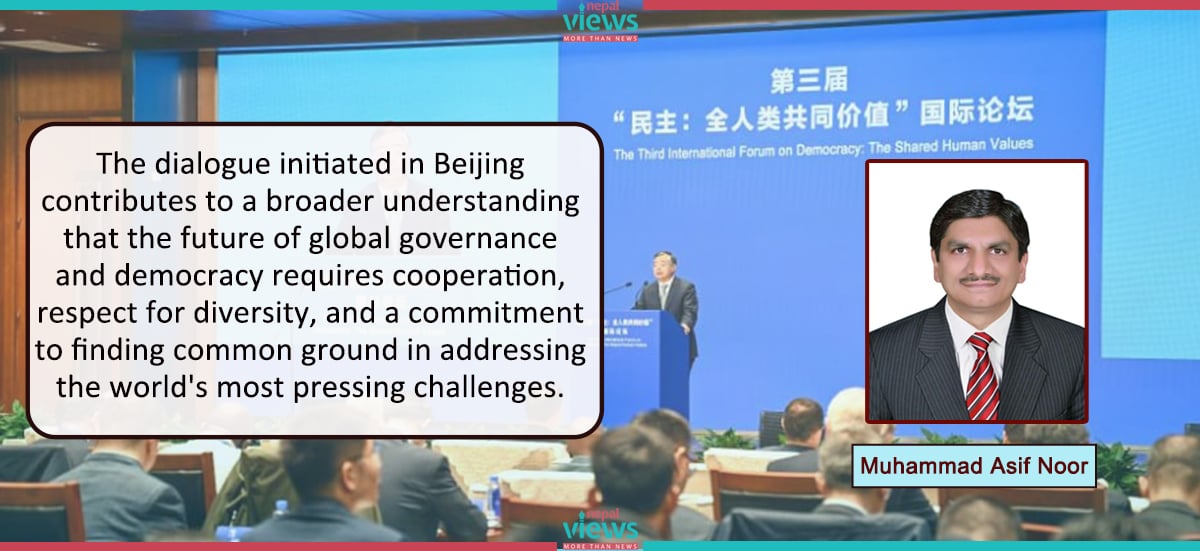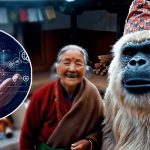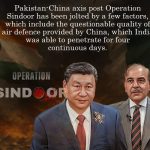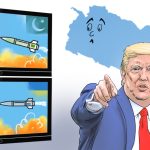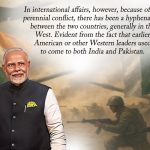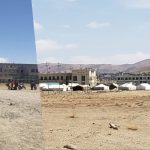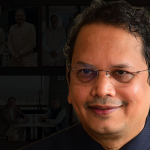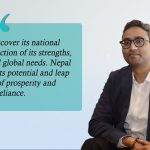The Third ‘International Forum on Democracy: The Shared Human Values’, hosted in Beijing, has presented an opportune moment for the world to reflect on the essence and diversity of democratic practices. This forum, gathering over 500 guests from more than 120 countries and regions, alongside 20 international organizations, has underscored the importance of dialogue in understanding the multifaceted nature of democracy. The establishment of a global think tank network for democracy studies, involving 40 research institutes from both China and abroad, marks a significant step towards fostering collaborative research and sharing diverse perspectives on democracy.
This initiative, accompanied by the launch of the Beijing Initiative, advocates for an appreciation of the varied models of civilization and democracy. It emphasizes the importance of evaluating democracy by its tangible outcomes and the satisfaction of the populace, advocating against the use of democracy as a pretext for confrontation and division. This stance reflects a broader understanding that democracy, as a concept and practice, transcends any singular model, requiring a tailored approach that respects cultural, social, and historical contexts.
The forum highlighted the concept of “whole-process people’s democracy” as practiced in China, showcasing it as a model that integrates the people’s participation across all stages of governance—from decision-making to supervision. This model has garnered attention for its emphasis on inclusivity and effectiveness in governance, challenging the conventional Western-centric narrative of democracy. The discussions at the forum echoed the sentiment that democracy is not a static concept or a one-size-fits-all solution but a dynamic process that must evolve in response to the needs and conditions of different societies.
The forum provided a platform for in-depth discussions on modernizing democracy and governance, the implications of artificial intelligence on democratic practices, and the role of democracy in a multipolar world. These conversations highlighted a collective aspiration for a democracy that prioritizes the well-being and prosperity of all people, respects the sovereign right of nations to choose their developmental paths and opposes the weaponization of democracy to foster division or conflict.
This event has also served as a reminder that the practice of democracy worldwide is not without its challenges and contradictions. While some democracies are praised for their established institutions and procedures, issues such as the marginalization of certain social groups, political polarization, and the external imposition of democratic models reveal the complexities and imperfections inherent in any democratic system. The forum’s discussions underscored the importance of acknowledging these challenges and encouraging a more inclusive and respectful international dialogue on democracy.
Moreover, the forum has brought to the fore the notion that democracy’s legitimacy and effectiveness cannot be judged solely by external standards but must be evaluated based on how well it serves the people within their specific contexts. This principle resonates with the increasing calls for a more equitable and representative global governance system, which acknowledges the voices and contributions of emerging economies and developing countries.
In synthesizing the insights and perspectives shared during the forum, it becomes apparent that democracy, in its various forms, remains a shared human value. However, its application and practice are inherently diverse, reflecting the unique histories, cultures, and aspirations of different communities and nations. The dialogue initiated in Beijing contributes to a broader understanding that the future of global governance and democracy requires cooperation, respect for diversity, and a commitment to finding common ground in addressing the world’s most pressing challenges.
As the world grapples with issues such as inequality, climate change, and technological disruption, the lessons from the Third ‘International Forum on Democracy: The Shared Human Values’ remind us of the importance of fostering an inclusive, deliberative, and responsive democratic process. Such an approach not only enriches the global discourse on democracy but also enhances the capacity of nations to adapt and thrive in an ever-changing global landscape.
The forum has reinforced the idea that true progress and stability lie in embracing the complexity and diversity of democratic governance. By advocating for a dialogue-based, inclusive, and respectful approach to democracy, the international community can work towards solutions that are equitable, sustainable, and reflective of the shared aspirations of humanity. The path forward requires a collective effort to understand and appreciate the varied expressions of democracy, fostering a world where every voice is heard, and every society can flourish.
(The writer is the founder of Friends of the Belt and Road Initiative Forum.)


